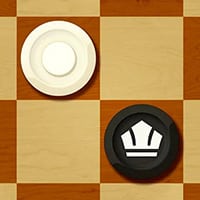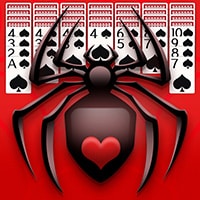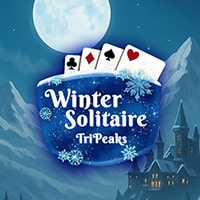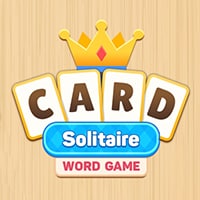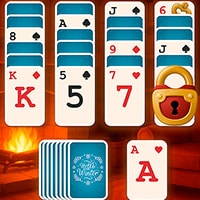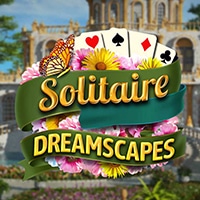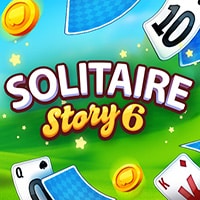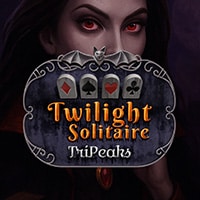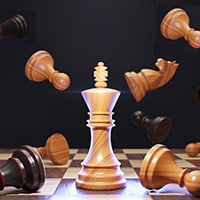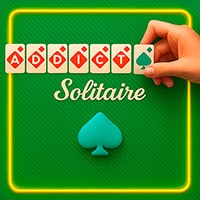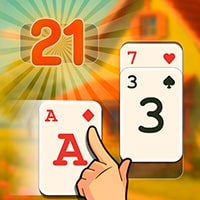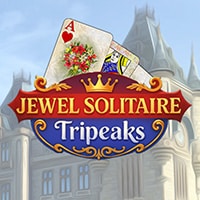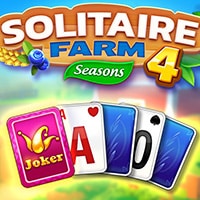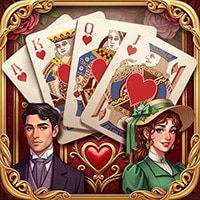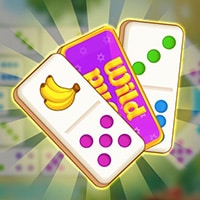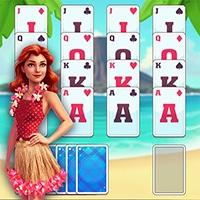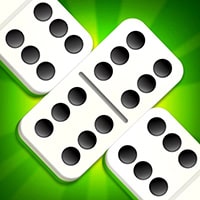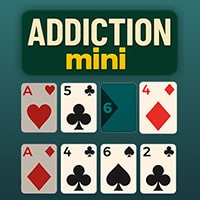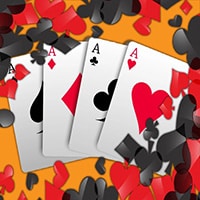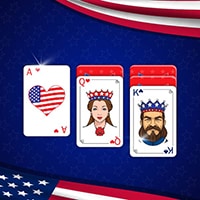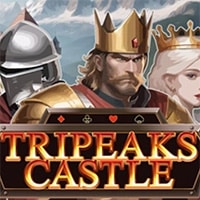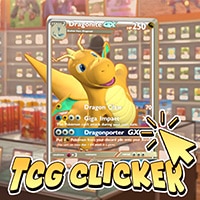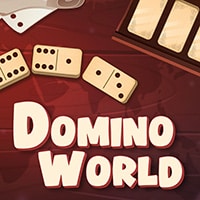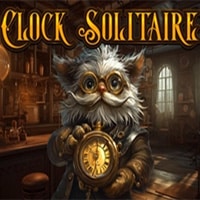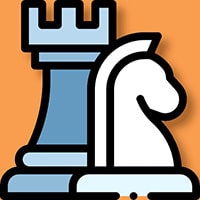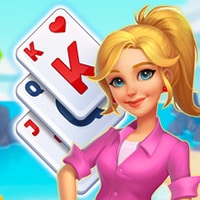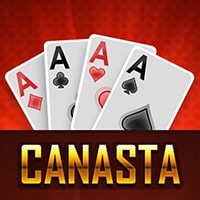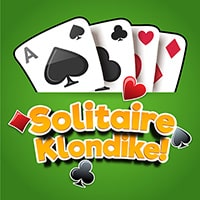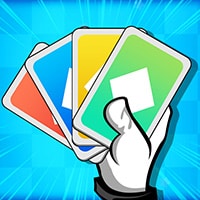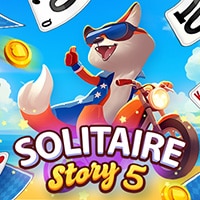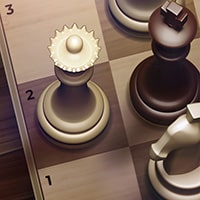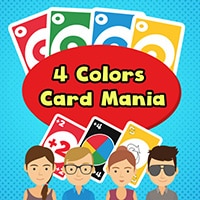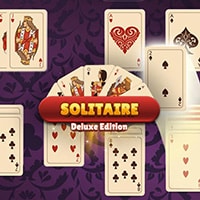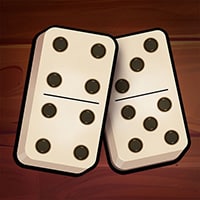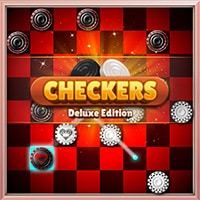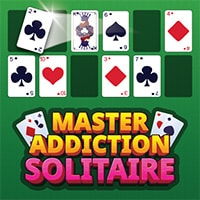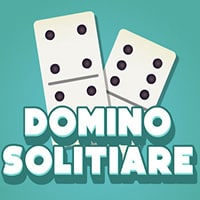Board Games:
Board Games are online tabletop games that typically use pieces or counters placed on a pre-marked board or surface, often involving strategy, chance, or a combination of both. They have been played across cultures for thousands of years and remain popular today for entertainment, education, and social interaction.
History of Board Games:
- Ancient Origins: Some of the earliest board games date back to 3500 BCE, such as Senet (Egypt) and The Royal Game of Ur (Mesopotamia).
- Classic Games: Games like Chess (6th century India), Go (China, ~2000 years old), and Backgammon (Persia, ~5000 years old) became cultural staples.
- 19th–20th Century: The rise of mass production led to commercial hits like Monopoly (1935), Scrabble (1938), and Risk (1957).
- Modern Era (21st Century): A board game renaissance began with Eurogames (Catan, Carcassonne) and innovative designs (Pandemic, Gloomhaven).
Types of Board Games:
- Strategy Games – Focus on skill and planning (e.g., Chess, Terraforming Mars).
- Eurogames – Emphasize mechanics over luck.
- Thematic/Ameritrash Games – Story-driven with dice and conflict.
- Party Games – Light, social games.
- Cooperative Games – Players work together.
- Deck-Building Games – Players construct decks during play.
- Legacy Games – Evolve over multiple sessions.
Key Features that define and differentiate online board games:
- Game Mechanics: The core systems that drive gameplay:
- Worker Placement.
- Tile Placement.
- Drafting.
- Area Control.
- Auction/Bidding.
- Roll-and-Move.
- Deck-Building.
- Cooperative Play.
- Legacy/Campaign Systems.
- Player Interaction in Board Games
- Competitive.
- Cooperative.
- Semi-Cooperative.
- Team-Based.
- “Take That!” Mechanics.
- Theme & Narrative
- Abstract (No theme, e.g., Chess, Azul)
- Thematic/Story-Driven.
- Historical.
- Fantasy/Sci-Fi.
- Horror.
- Complexity & Playtime
- Light/Family Games.
- Medium-Weight.
- Heavy Strategy.
- Components & Design
- Boards.
- Cards.
- Miniatures.
- Tokens & Resources.
- App Integration.
- Replayability in Board Games
- Randomized Setups.
- Multiple Paths to Victory.
- Expansions & Variants.
- Accessibility & Scalability
- Player Count (1-player solitaire to 12+ party games)
- Age Appropriateness (Kids, family, or adult-only)
- Language Independence (Symbols over text, e.g., Azul)
- Victory Conditions
- Points-Based.
- Elimination.
- Race to a Goal.
- Team Objectives.
Why Are Board Games Popular Online?
- Social Interaction: Encourages face-to-face play.
- Cognitive Benefits: Improves critical thinking, memory, and problem-solving.
- Variety: Endless themes, from fantasy (Dungeons & Dragons) to economics (Power Grid).
- Digital Adaptations: Many games now have online versions (e.g., Tabletop Simulator).
Some of the best online Board Games to play now for free:
- The classic Solitaire game that was pre-installed on most Windows operation systems, now you can play it online.
- Play the original Rummikub which is one of the most popular family games in the world.
- Play the classic Cribbage Card Game online. Start the game by selecting your skill level from an easy starter all the way up to a hard ninja level.
- Play a casual and fun match of the classic Domino’s game with block or draw game mode in Domino Legend Game.
- UNO Heroes is a web browser game that lets you play the classic UNO game with a twist on your computer or mobile device.
Whether you prefer popular or classic, or a little of both, you have hours of time to master your game(s) of choice and crawl your way to the top of the high-score board. And with hundreds of these games in our collection, that’s a lot of mastery time just waiting for you.
We have collected hundreds of the best free online Board Games to play now without downloading at RoundGames. So enjoy and have fun.

